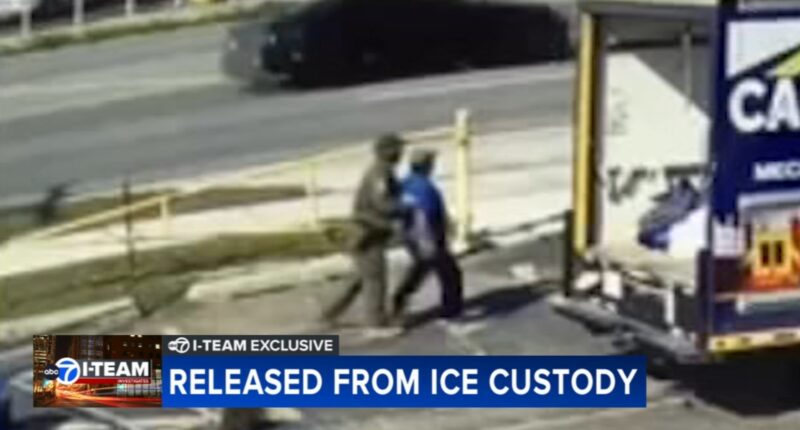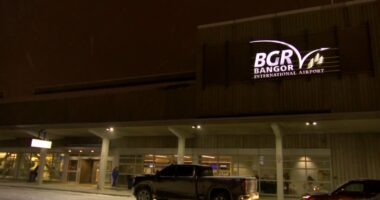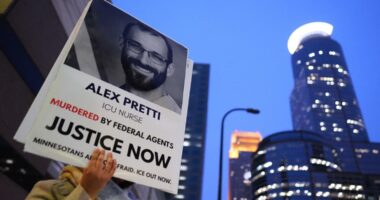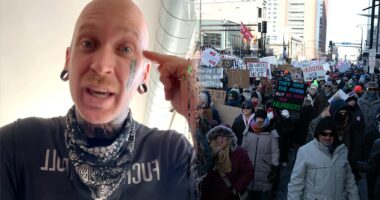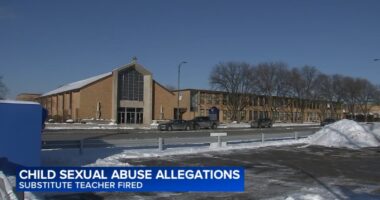Share this @internewscast.com
CHICAGO (WLS) — Ramiro Cabrera recounts the harrowing experience of his 41-day detention by immigration authorities, which he describes as a period filled with “terror.”
At 51, the father and grandfather was apprehended in Crestwood last month amid the Trump administration’s intensified immigration operations targeting the Chicago region.
ABC7 Chicago is now streaming 24/7. Click here to watch
Following a successful federal court appeal, Cabrera was released from U.S. Immigration and Customs Enforcement (ICE) custody last week. Now back home, he met with the ABC7 Chicago I-Team to share his ordeal.
“The fear was overwhelming,” Cabrera revealed to the I-Team in Spanish. “We desperately wished for even a brief glimpse of daylight, but none came during those 41 days.”
Cabrera is among several hundred individuals flagged by the Department of Homeland Security for potential arrest breaches of a 2022 consent decree, which limits arrests without a warrant.
On October 3, Cabrera, proprietor of “Cabrera Rental Center,” was caught on surveillance cameras setting up a tent for a business in Crestwood when ICE agents arrived in a white van. Within minutes, he found himself detained by federal authorities.
“No one expects that,” Cabrera told the I-Team. “We were working at my company, doing our normal jobs. And in a matter of minutes, two minutes changed my world so much.”
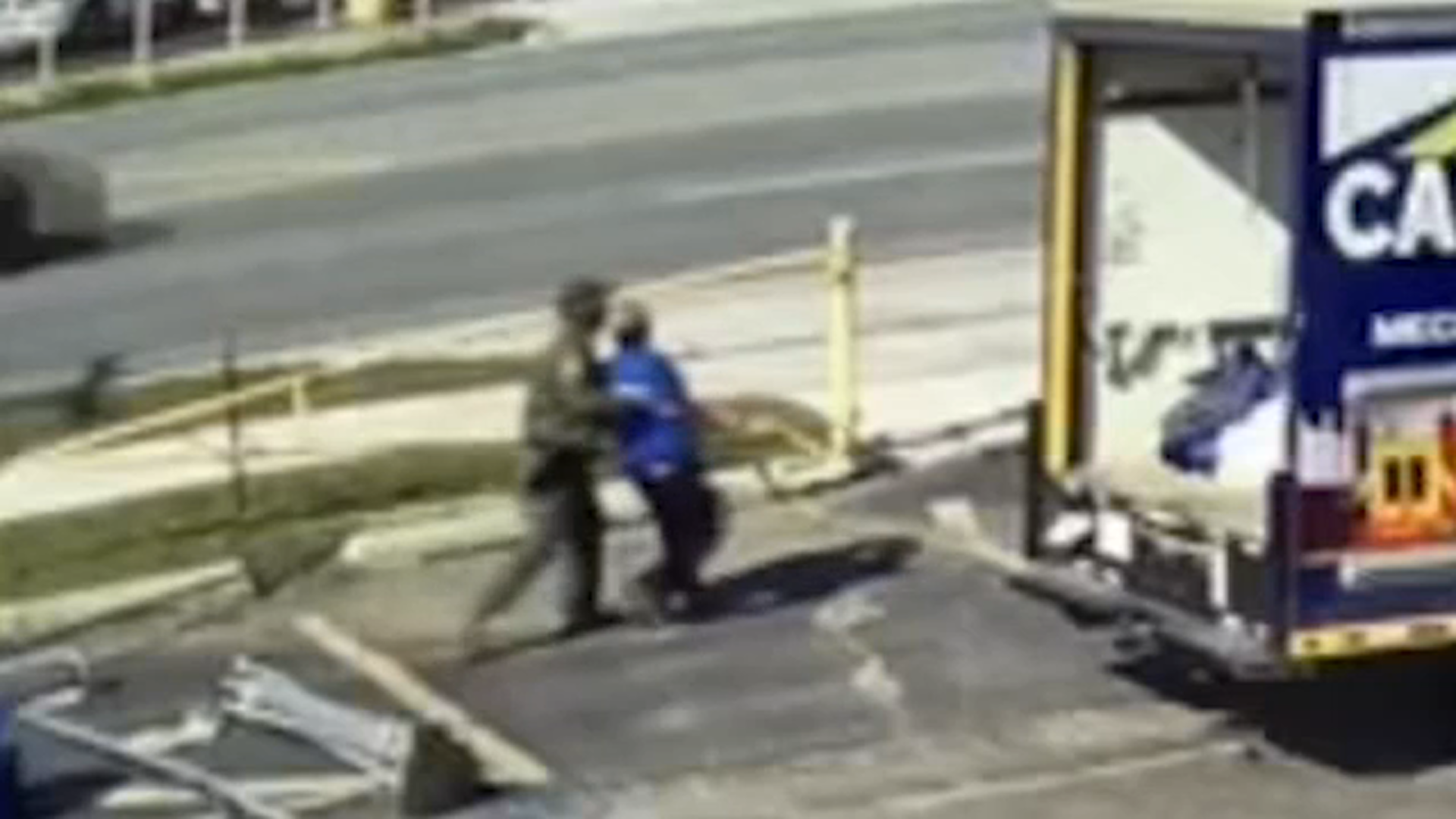
Cabrera has lived in the U.S. without legal permission for more than 20 years, and has four U.S. citizen children, including a 19-year-old daughter he supports.
He has no criminal record, according to court declarations. But after agents arrested him, Cabrera says he was treated like a criminal.
“I don’t know why that happens in a country like the United States,” Cabrera told the I-Team.
Cabrera said he was initially taken to the Broadview ICE facility for two days, where he says he was given two bottles of water per day with a ham sandwich, and no phone calls with his attorney.
“There were between 90 and 110 of us there on the two nights I was there,” Cabrera said. “I think I slept for about half an hour each night. The bathrooms had no doors. We didn’t bathe; we didn’t change our clothes, very sad, terrifying.”
Cabrera said at one point during his time at Broadview, he had to be taken to an outside hospital due to complications from high blood pressure.
“I thought I might die. I said, ‘My God, forgive me if I die. My daughters are fine. I’m leaving, but I felt like I was dying,’” Cabera said. “They took me to the hospital; they took good care of me. They cured me.”
Cabrera’s daughter, Mariana, said she and her family lived in constant anxiety during the 41 days he was gone, knowing where their father was.
“It was hard to know, going to sleep, especially when he was in Broadview when we heard of the conditions there,” Mariana said. “Knowing that, like, I get to sleep in a comfortable bed tonight while he’s there because he’s undocumented.”
Since his time at Broadview, a federal judge has ordered ICE to improve conditions at the facility after hearing testimony from people detained about unsanitary and overcrowded conditions.
Cabrera was eventually transferred to an ICE detention facility in Clay County, Indiana, where he remained until his release.
As the I-Team previously reported, Cabrera’s attorney, former Assistant Chief Immigration Judge Jennifer Peyton, filed a habeas petition in federal court, challenging Cabrera’s detention as unlawful and demanding due process.
More than 30 character witness letters were filed in his support from members in the community, Peyton said, and it was the habeas case that ultimately led to a judge ordering his release last week.
“I cried when I left. I called (my daughter); she cried,” Cabrera told the I-Team. “Only a miracle could happen, and it happened.”
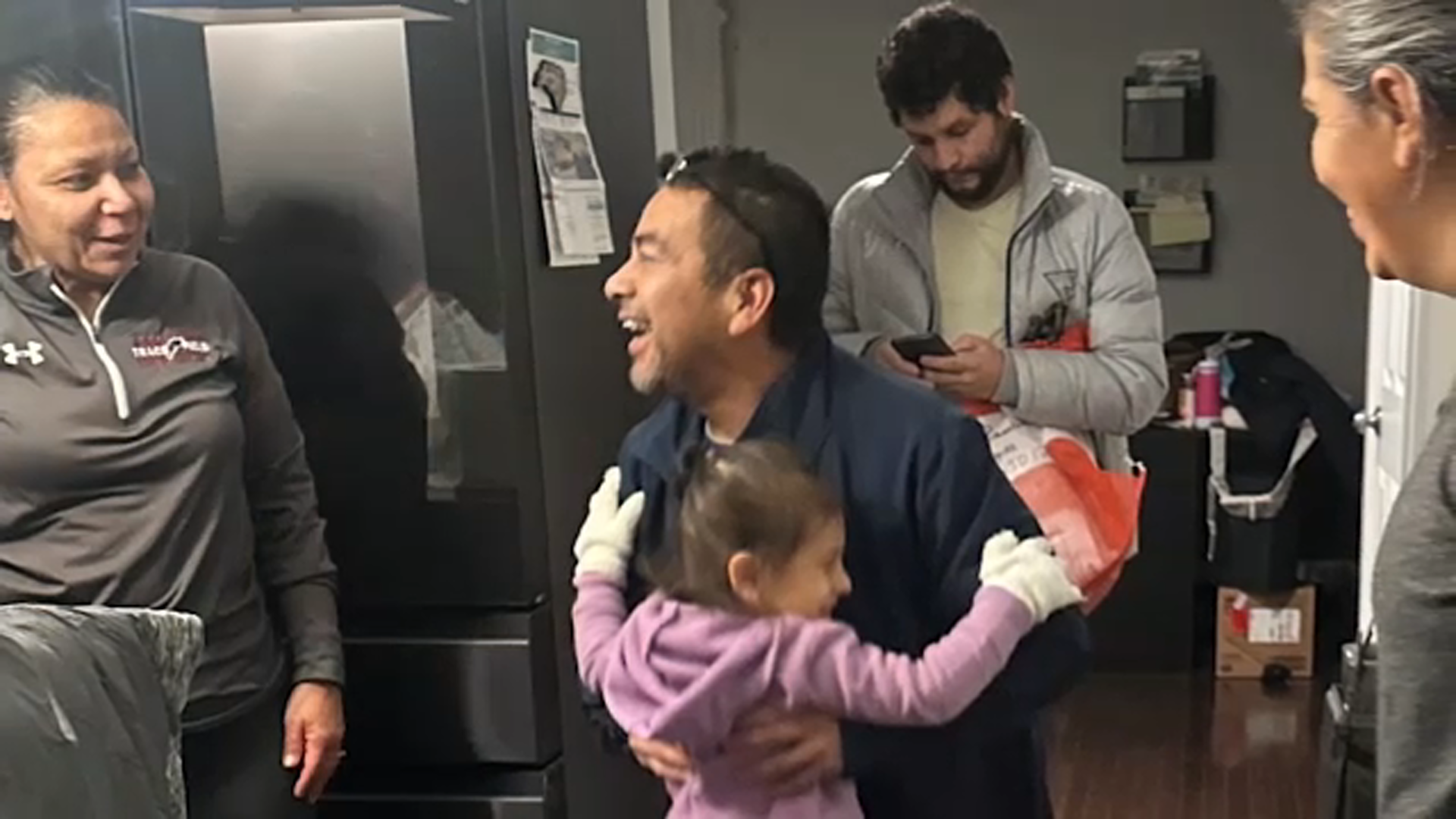
While his habeas case was proceeding, Cabrera was also added as a class member in litigation over a 2022 consent decree restricting when immigration agents can arrest someone without a warrant, often referred to as the “Castañon Nava settlement.”
He is one of more than 600 people who the Department of Homeland Security has since identified as possibly arrested in violation of that agreement.
Judge Jeffrey Cummings has ordered more than 400 people to be released by this Friday, and on Tuesday, Cummings denied a request by the government to delay the release.
If Cabrera hadn’t been released already, he would have been included in that group.
In the list of individuals that DHS officials filed with the court, Cabrera was designated as having a “Medium” risk to public safety, but no further explanation was given on the basis for that designation. Attorneys have questioned the methods behind these ratings.
DHS officials did not respond to the I-Team’s questions about the designation, or request for comment on Cabrera’s release.
Cabrera and his attorney said that designation makes no sense.
“That part of the government makes me sad. It makes me very sad because I’ve been a defender of the government,” Cabrera told the I-Team. “No matter if they’re Democrats or Republicans, it’s the best government in the world. They’re just doing things wrong right now.”
Cabrera’s immigration case is not over. His attorney told the I-Team he’s awaiting a new court date to be set in immigration court.
While he’s happy to be home, Cabrera hopes the people he met while in ICE custody — most of whom he said did not have criminal histories — will be released to their families just like him.
“I will always ask God in my prayers that they get out because they should be with their families, like I am,” Cabrera said.
